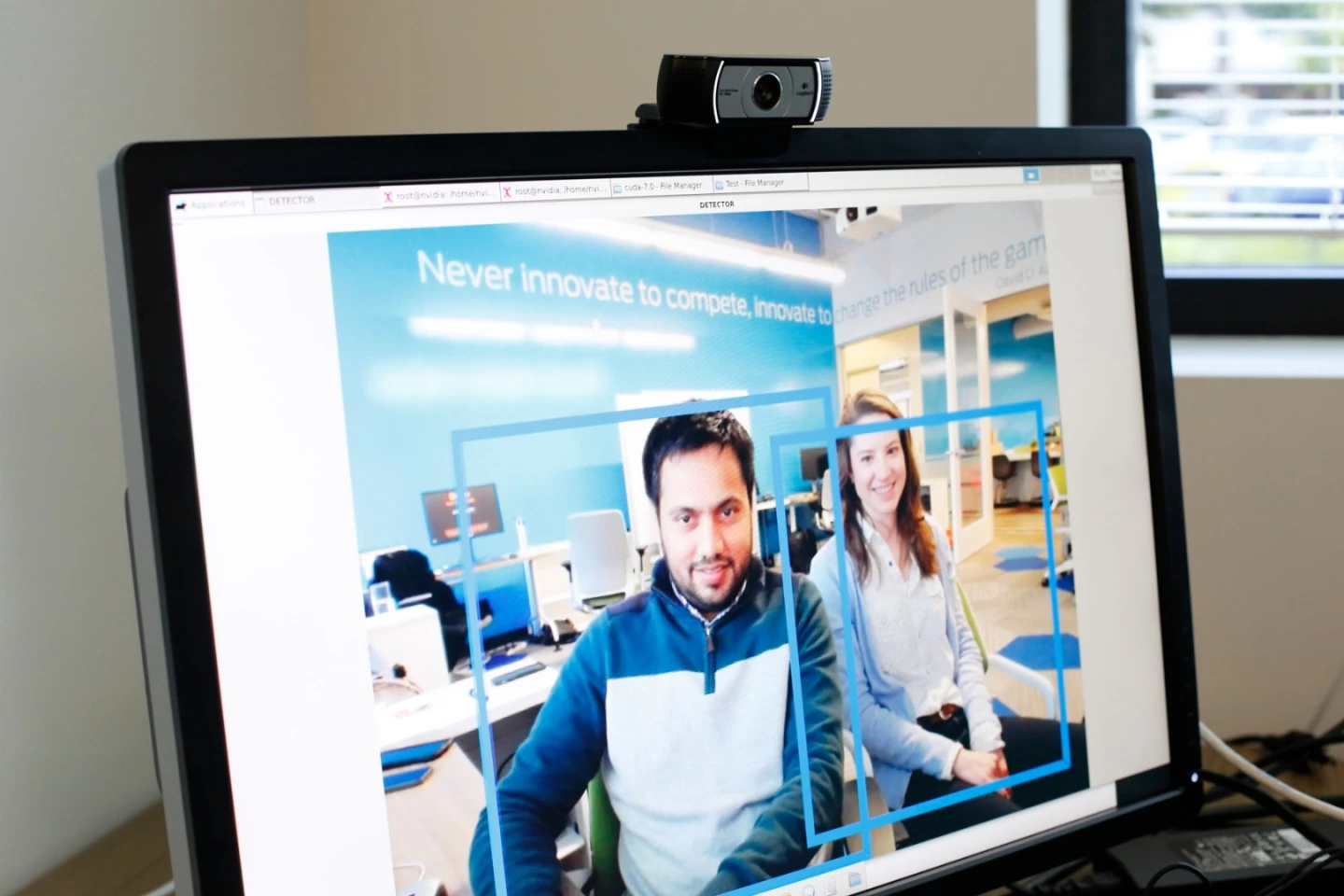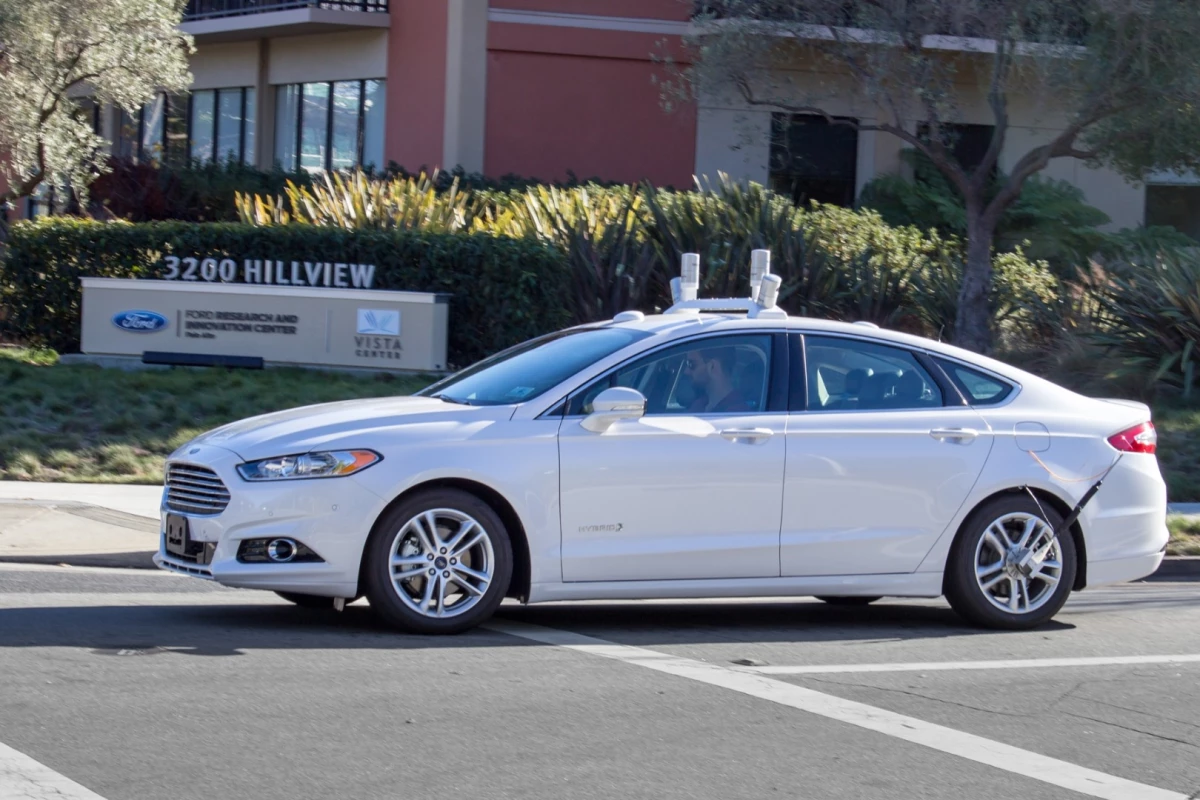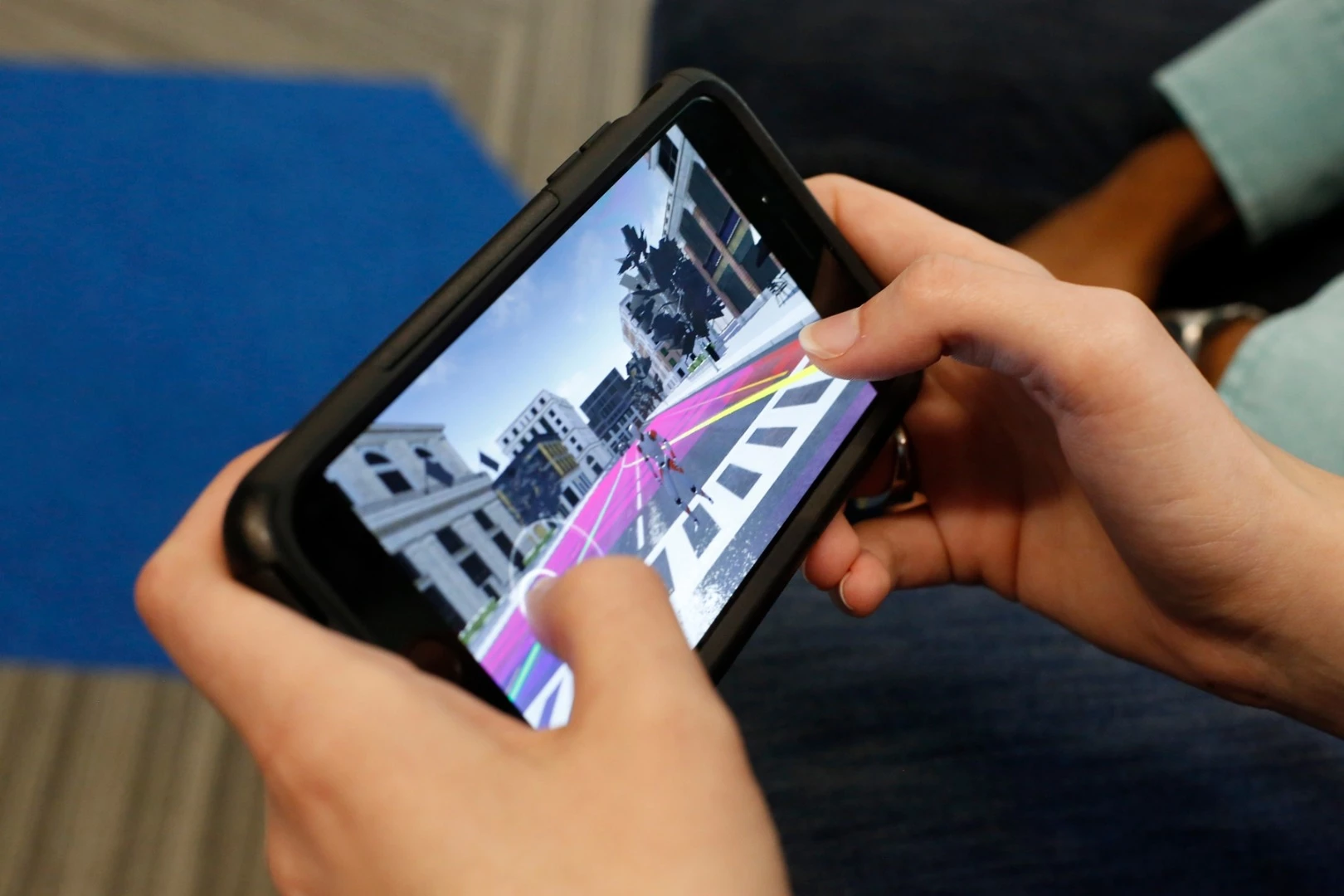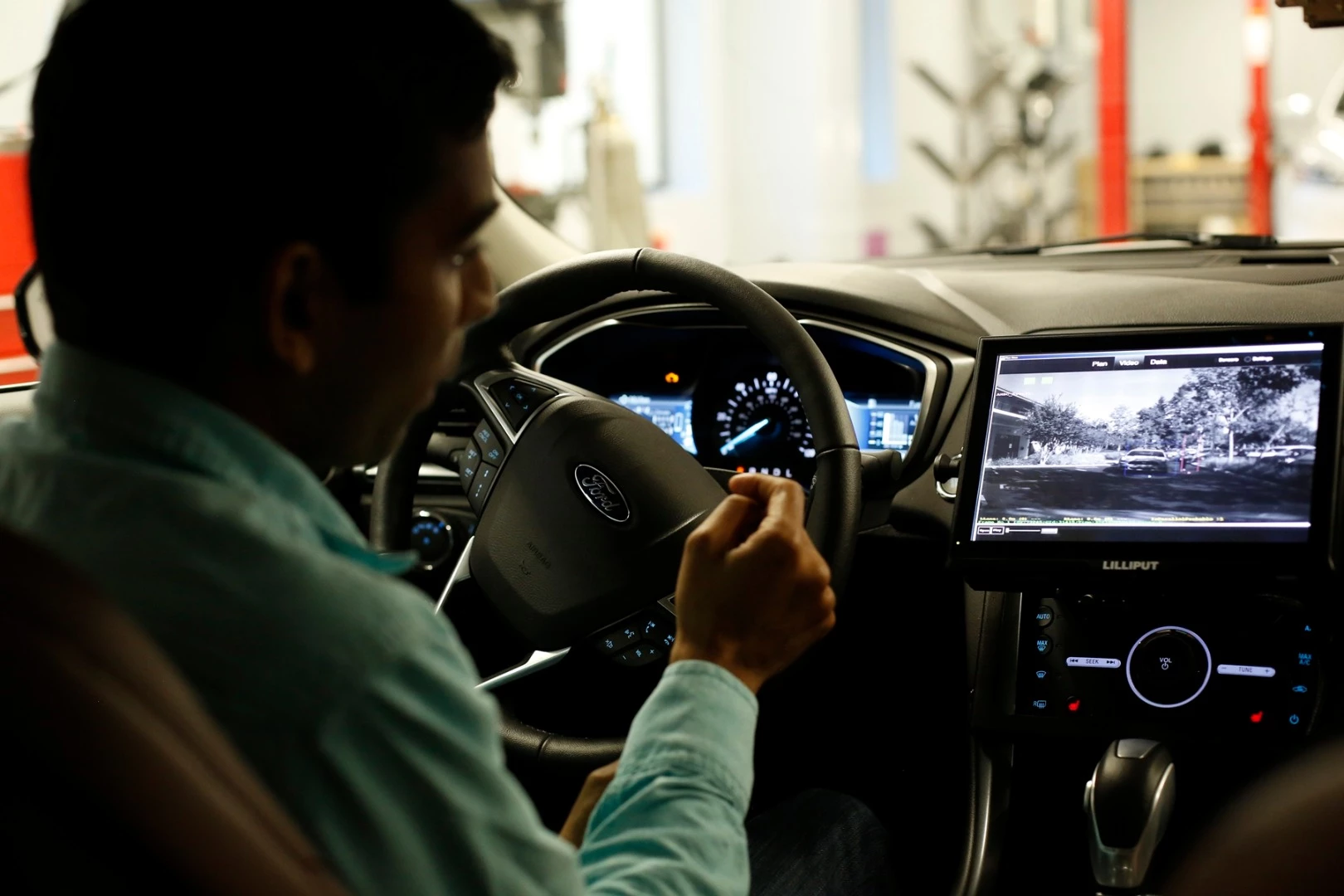Just a day after Kia and Hyundia announced they would begin testing autonomous driving technologies on public roads for the first time, Ford has followed suit. The carmaker has been awarded a license for testing in California, US. It is described as a "a key element" of Ford's Smart Mobility plan.
That plan, announced at CES at the beginning of this year, is aimed at taking Ford "to the next level in connectivity, mobility, autonomous vehicles, the customer experience, and data and analytics." It goes hand-in-hand with the company's 10-year plan for developing autonomous vehicles.
The testing will use fully autonomous Ford Fusion Hybrid sedans and will take place at the Ford Research and Innovation Center in Palo Alto. Since opening in January, Ford says the center has grown to become one of the largest automotive research centers in Silicon Valley, with over 100 researchers, engineers and scientists, many having joined from the technology sector.
This year, the Center has undertaken an "Autonomous Vehicle Virtual Test Drive" study replicating real-world interaction between an autonomous car and pedestrians to better understand and develop responses for those situations, has researched sensors for autonomous vehicles and fusing together the information multiple sensors provide and has worked on camera-based pedestrian detection.

In addition to its work at the Research and Innovation Center, Ford says it will continue its collaborations with the University of California-Berkeley, Carnegie Mellon University, Santa Clara and San Jose State, as well as develop its strategic research collaboration with Stanford. It has 13 projects planned for 2016 across the five areas of Ford Smart Mobility, which is more than double the number of collaborations from this year.
Ford's will begin testing its autonomous driving technology on California's public roads from next year.
The video below shows Ford's Autonomous Vehicle Virtual Test Drive.
Source: Ford







